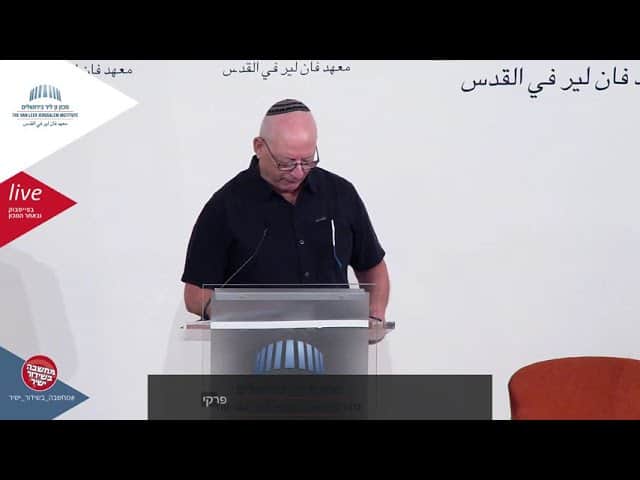Between Memory of the Past and a Directive for the Future, 29.07.21
The members of the committee that awarded Eli Wiesel the Nobel Prize for Peace in 1986 wrote that “he has come as a messenger to mankind – not with a message of hate and revenge, but with one of brotherhood and atonement.” In his acceptance speech, Wiesel responded to these words by saying that he was acting so that history would not repeat itself and the world would not stand by, silent and indifferent.
Wiesel devoted his life to making the memory of the Holocaust an integral part of world culture. He did so in a variety of ways, but his legacy for future generations is embodied mainly in the 57 books and thousands of articles that he wrote. The panel discussion marking the fifth anniversary of his death will focus on his literary oeuvre and his cultural legacy.
Eli Wiesel: Documenter of the Holocaust or Narrator of the Holocaust
Dr. Joel Rappel, Institute of Holocaust Research, Bar-Ilan University; founder and director of the Eli Wiesel Archive, Boston University.
The Future of the Jewish People: The Controversy in JUDAISM
Prof. Manuela Consonni, The Hebrew University of Jerusalem.
Four Who Entered Auschwitz
Prof. Dan Laor, Tel Aviv University.
The Returnee to Religion and the Questioner of Religion: When Abraham (Joshua Heschel) Met Eliezer (Wiesel)
Prof. Aviad Hacohen, The Academic College of Law and Science; The Van Leer Jerusalem Institute.

